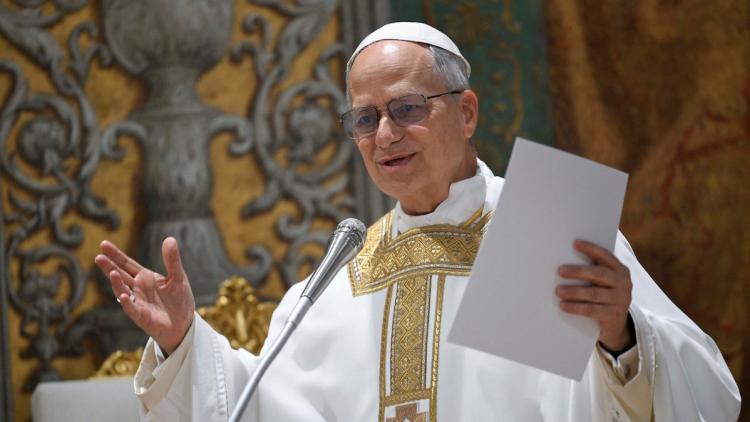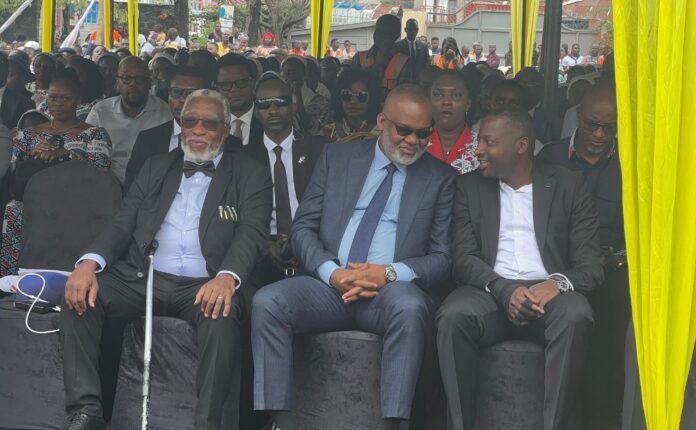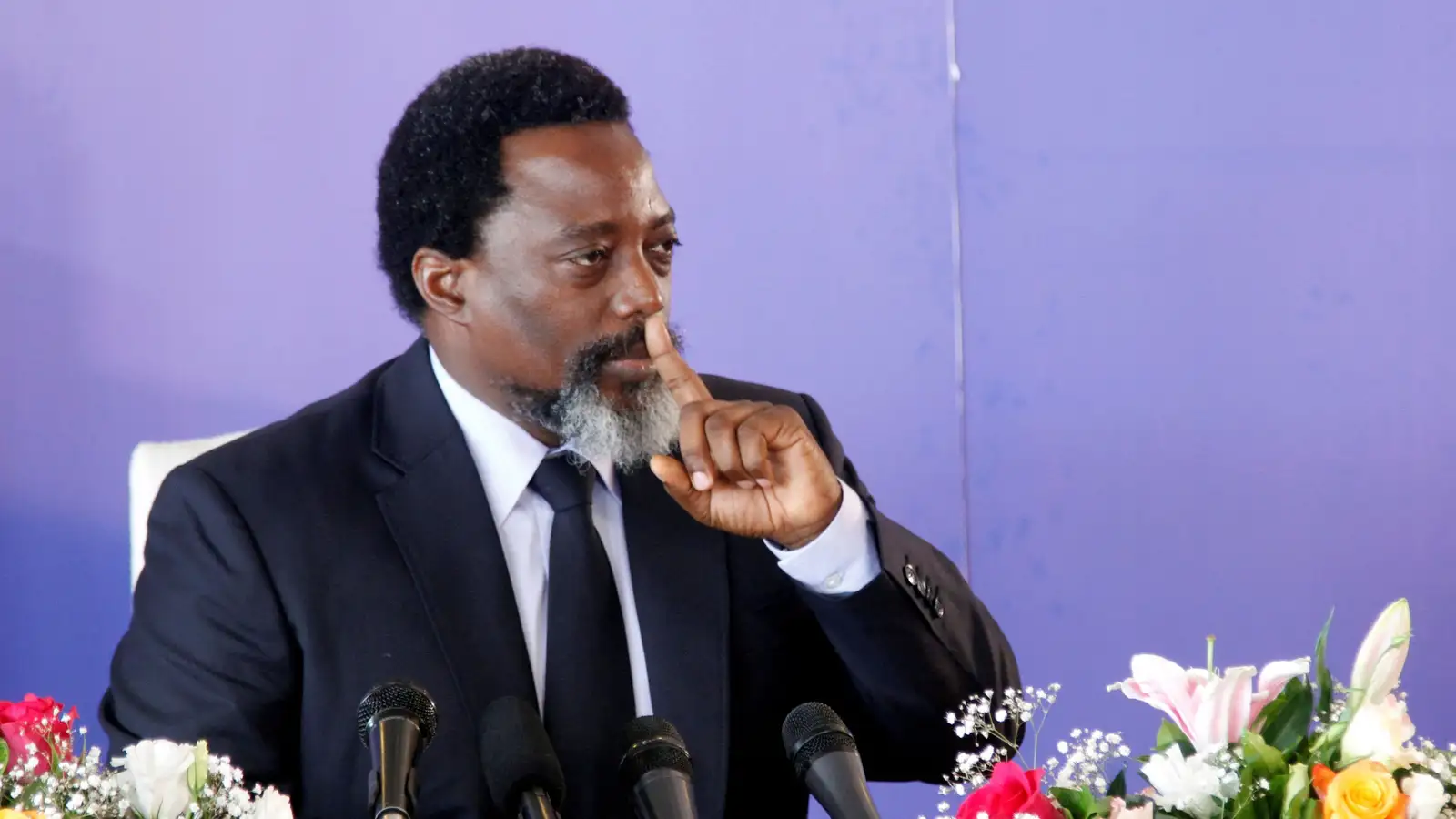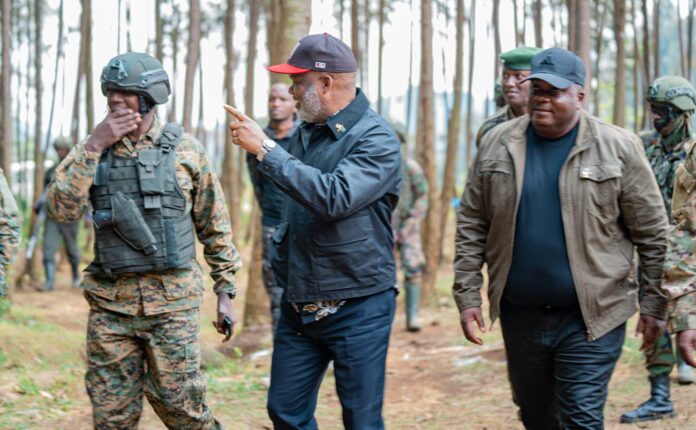As the echoes of war continue to reverberate across the scarred lands of Ukraine, a glimmer of hope appears to rise from the spiritual heights of the Vatican. In Rome, beneath the silent colonnades of St. Peter’s Square, a potentially decisive chapter may soon unfold in the quest for a lasting ceasefire.
Note: Company, Blog, Church websites are free.
Italian Prime Minister Giorgia Meloni revealed that His Holiness Pope Leo XIV recently expressed his firm willingness to host peace negotiations between the warring parties on Vatican soil. The confirmation reportedly came during a phone call initiated at the request of several Western leaders.
This gesture, imbued with profound spiritual significance, revives a seldom-discussed aspect of modern diplomacy: the Vatican’s role as a neutral mediator in global geopolitical conflicts. Beyond the moral prestige of the Apostolic See lies a unique diplomatic tradition, shaped by silence, perseverance, and a rejection of performative politics.
The Holy See’s Secretariat of State, which leads this quiet ministry of discernment and intercession, operates on principles fundamentally distinct from those of secular chancelleries. It favors discretion over declaration, consistency over political maneuvering, and moral authority over coercive power.
The announcement of a potential papal mediation follows a flurry of high-level conversations involving Donald Trump, Vladimir Putin, Emmanuel Macron, Volodymyr Zelensky, Alexander Stubb, Friedrich Merz, and Ursula von der Leyen. It signals a renewed recognition of the Vatican as a sacred space of neutrality in a world where competing interests often corrupt diplomacy.
Prime Minister Meloni expressed the gratitude of Western leaders for the Pope’s willingness to mediate—an offer that reflects the Vatican’s long-standing pastoral commitment to global peace. It is important to note that Vatican diplomacy goes far beyond symbolic gestures. It is rooted in a centuries-old tradition that has quietly achieved significant breakthroughs in the backstage of history.
One such success was the 1984 Beagle Channel Agreement between Argentina and Chile, negotiated under the auspices of Pope John Paul II, which averted a looming border war. More recently, the Vatican played a key role in the historic thaw between the United States and Cuba, facilitating the restoration of diplomatic ties in 2014.
These are the fruits of a diplomatic approach anchored in moral legitimacy, political independence, and a universal calling embodied by the smallest state in the world, yet one of the oldest and most influential in navigating global balance.
It is no coincidence, then, that in this grave hour for Europe, world powers are looking toward Rome, a universal city unburdened by economic or military agendas. A place where speech is never weaponized but always endowed with spiritual authority, one that transcends division and appeals to conscience.
True to the legacy of his predecessors, Pope Leo XIV emerges as a steadfast proponent of peace diplomacy, grounded in justice, forgiveness, and reconciliation. By offering to host negotiations on Ukraine, the Vatican does not position itself as an arbiter of geopolitical calculations, but rather as a guardian of a deeper hope: a peace not imposed by force, but built through truth and dialogue.
In a world where words are increasingly devalued, the Holy See stands as a witness to diplomacy founded not on calculation but conscience, not on domination but compassion. Perhaps therein lies its enduring strength: to be the final place where, even amid the anguish of war, a person may still be heard not as an enemy, but as a brother.



